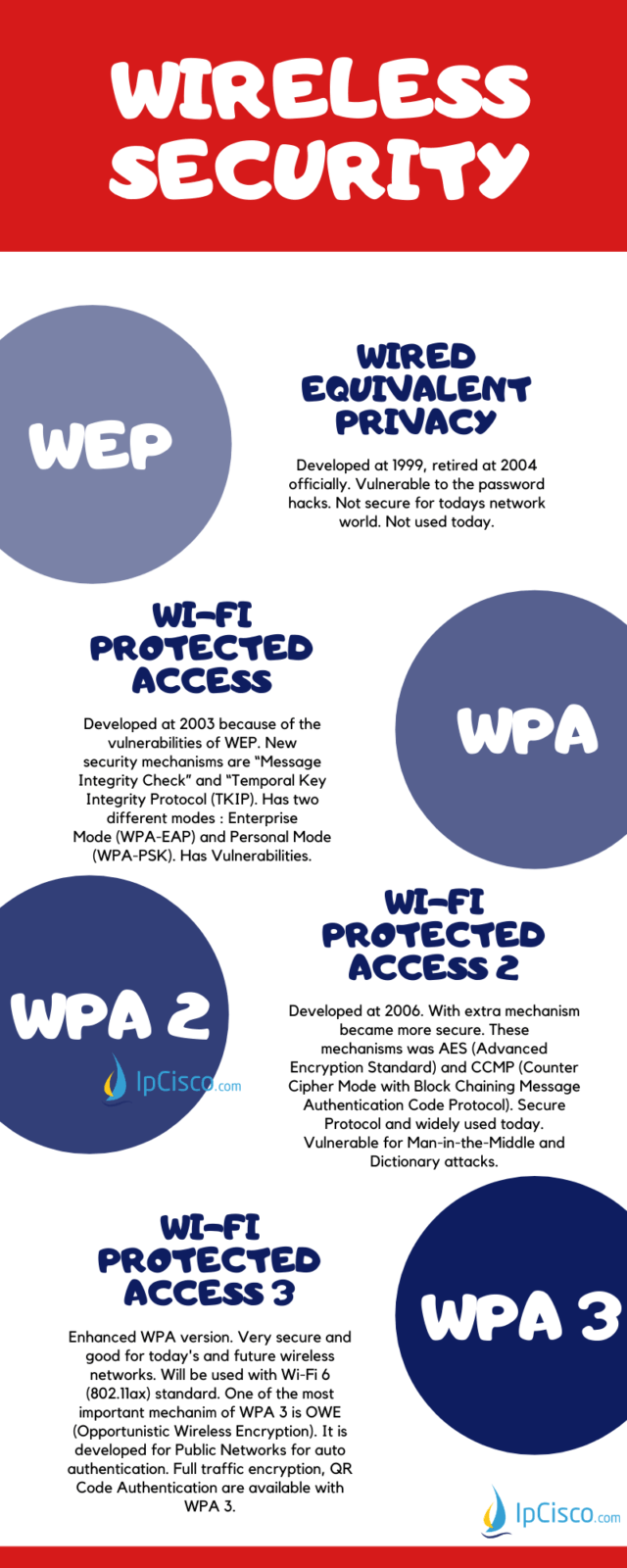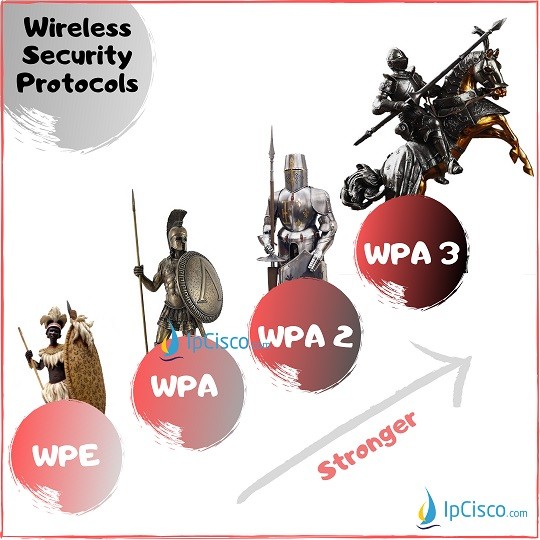

It became available in 2003, just a year before WEP was deprecated.

WPAĪlso known as Wi-Fi Protected Access, WPA is a security protocol and security certification program that is supposed to an answer to WEP’s major weaknesses found by researchers. This includes a restriction of only 64-bit encryption (lifted) and easy-to-crack passwords. In 2004, however, WEP was finally deprecated due to numerous security flaws. WEP was even ratified as the Wi-Fi security standard in 1999. It was the most often used security measure at one time, and it is the default security choice presented by most routers in their configurations. WEP uses RC4 (Rivest Cipher 4), a stream cipher algorithm that is intended to encrypt data. It is a security algorithm meant to provide data confidentiality similar to that of a wired local network, hence its name. With this new format, WPA3 introduces stronger security to public networks to prevent hackers from extracting information from them.Definitions The basic WEP encryption: RC4 keystream encrypting plain text WEPĪlso known as Wired Equivalent Privacy, WEP was part of the original 802.11 (Wireless Local Area Network) standard in 1997. WPA3 is the new kid on the block, and you can find it in the routers that were created in 2019.
#Wep vs wpa vs wpa2 which is best code
WPA2 replaced TKIP with the Counter Mode Cipher Block Chaining Message Authentication Code Protocol (CCMP), which did a better job of encrypting data. WPA2 is the successor to WPA and adds more features to the mix.

WPA arrived as WEP's substitute due to the vulnerabilities contained within WEP. The Wi-Fi Protected Access (WPA) Protocol.WEP was officially discontinued by the Wi-Fi Alliance in 2004. Out of all protocols, WEP is considered to be the least stable. It is still prevalent in the modern era within older structures due to its age. WEP was developed for wireless networks and introduced as a Wi-Fi security standard in September 1999. The Wired Equivalent Privacy (WEP) Protocol.Wireless security protocols are WEP, WPA, and WPA2, which serve the same function but are different at the same time. Various types of wireless security protocols have been developed for the safety of home wireless networks. Did you know that your internet connection uses one of four different types of security? While all of them are different, not all of them are equal as such, it's important to learn what form of protection your Wi-Fi is using. Most home routers have several security modes that differ in levels of safety. Wi-Fi protection is designed to avoid unauthorized access to wireless devices.


 0 kommentar(er)
0 kommentar(er)
